Climate Impact: An estimated 1,628,812 tCO2e avoided annually over project lifetime.
Project Registry Link: April Salumei Rainforest Conservation | VERRA
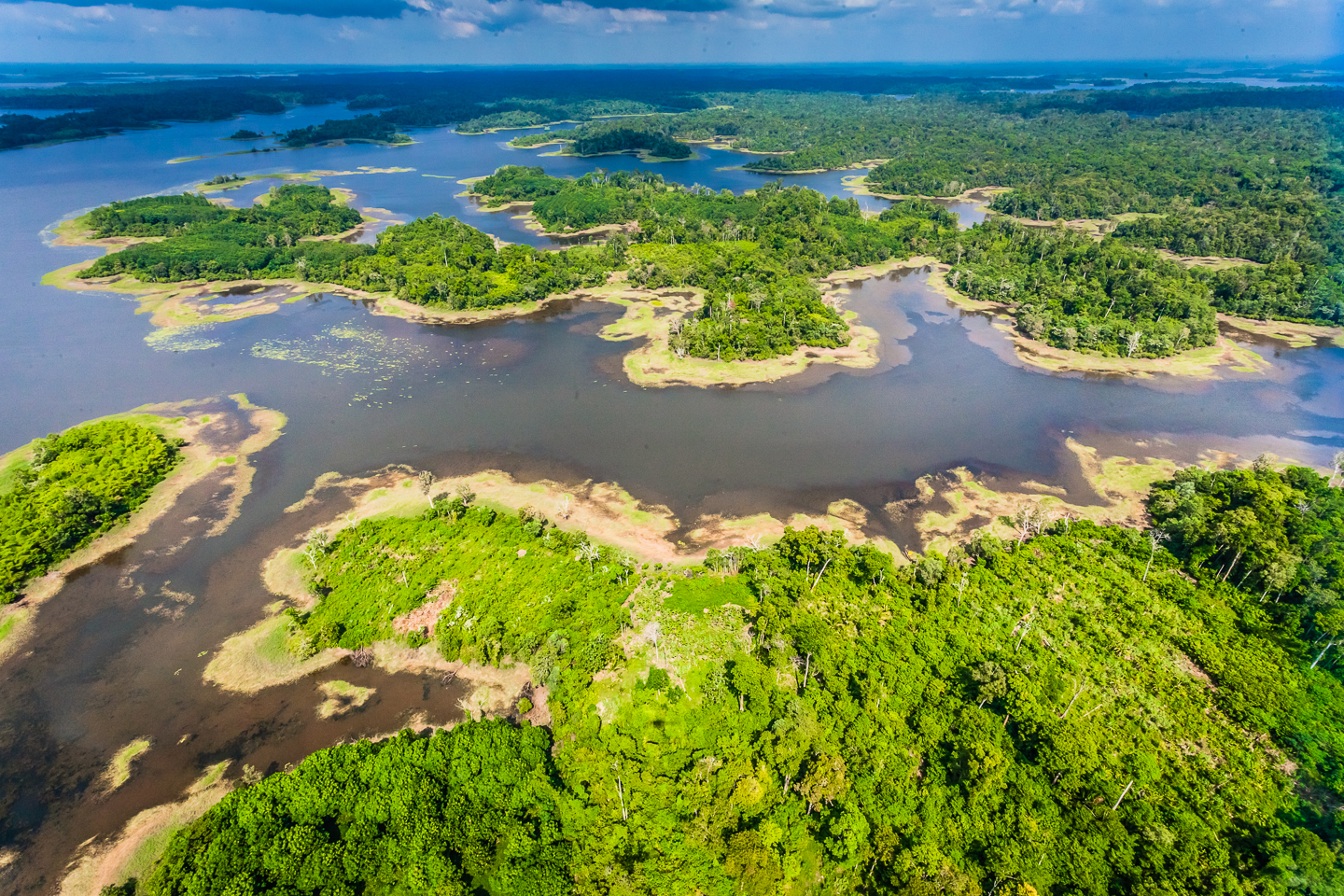
The April Salumei Project, located in one of the most ecologically distinct areas on the planet, protects pristine rainforest, against documented planned deforestation.
Reducing Emissions from Deforestation and forest Degradation (REDD+)
VERRA Voluntary Carbon Standard
VCU
VM0007 REDD+ Methodology Framework {Avoided Planned (Sanctioned) Deforestation (REDD-APD)}
VCS1122
2018 (all our vintages are Climate Active compliant)
The April Salumei project protects and sustainably manages nearly 200,000 hectares of globally significant pristine rainforest in the East Sepik Province of Papua New Guinea. The project area has previously been recognised as an exceptional biodiversity hotspot by the Climate Community and Biodiversity Standard (SCS, 2011). Before becoming a carbon project, the area was planned to be cleared for logging.
The project will prevent 22.8m tonnes of greenhouse gases being released into the atmosphere over its lifetime of 38 years and has prevented 1.86 million tonnes of greenhouse gases being released into the atmosphere during the most recent monitoring period (2018 – 2023).
Check out our Carbon Project Methods page for more information.
The project will also channel climate finance to the community and autonomous local landowner groups, helping reduce poverty and enhance the wellbeing of local communities. The project proponent Rainforest Project Management Limited partners with 164 local land groups (clans), made up of around 15,000 people, who own the rainforest and who have surrendered their rights to commercial logging and now work closely with TEM to manage the area sustainably.
The April Salumei Working Group, formed to assist with managing the project, provides employment opportunities to the local community. The project promotes culturally inclusive, sustainable community development via a new five-year Sustainable Development Plan, agreed by locals, and developed under the leadership of the landowner chiefs.
Previous project activities (2012-2018) have delivered benefits including:
In addition to reducing carbon emissions, the project also has a range of other benefits. The project protects vital habitat for many endangered animals, including the tree kangaroo, palm cockatoo, the bird of paradise and the southern crowned pigeon.
These species are protected from the most prominent key threatening process in the region – deforestation.
The project activities deliver vital biodiversity conservation outcomes. PNG contains ~7% of global biodiversity across just 1% of the globe’s landmass. April Salumei is one of the top 10 most ecologically distinct areas on the planet.
Permanence: Project activities must generate permanent reductions and removals in GHG emissions. This requires that the carbon sequestered and stored within the project area will not be released due to unmitigated risk factors such as forest fires, extreme weather events, pest and disease outbreaks and land tenure disputes that result in deforestation. The project has a permanence period of at least 38 years (until 2047).
Additionality: A project is additional if the GHG emissions reductions and removals would not occur without the implementation of the project activities. In the case of April Salumei, the project area was under threat from planned commercial logging. Local communities have agreed to cancel logging permits, with revenue from carbon offsets being paid in lieu of royalties from logging.
Leakage: Leakage risks refer to risks that timber harvesting and/or land-use conversion will relocate to other areas in PNG and pertain to market effects and activity shifting.
Leakage effects due to market effects are negligible, however, they have been robustly accounted for in both the calculation of GHG reductions and in additional mitigation measures undertaken by the project proponents.
SDGs: The project aims to contribute to the following United Nations Sustainable Development Goals:
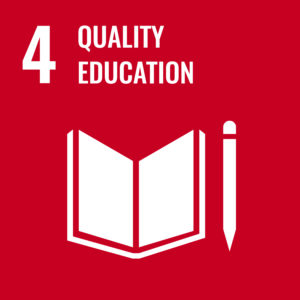

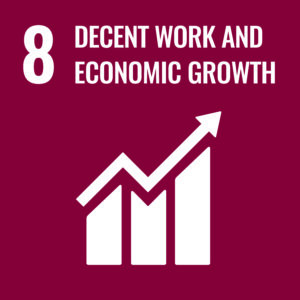
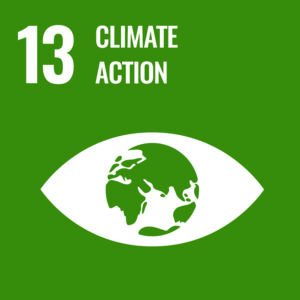
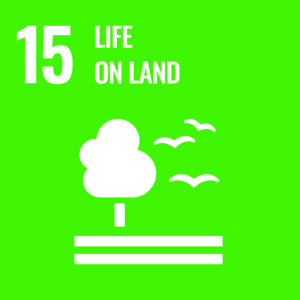
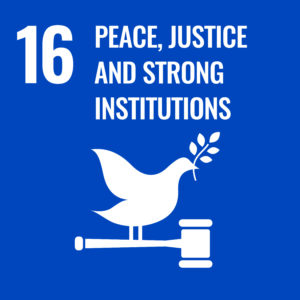
3000 in stock
Your purchase goes to the procurement of fully verified and independently audited carbon offset projects. TEM’s operational, due-diligence, risk management and marketing costs are also included in the list price. By purchasing from these projects, you are mobilising capital to support the project’s ongoing operations and benefits, alongside of ensuring measurable emissions reductions and avoidance.
You may find a difference between the cost of projects listed on this site and the average prices listed on the wholesale carbon market/s. That’s because TEM offers projects where we have gone the extra mile to ensure their integrity and deliver you the end-to-end service that others won’t. Our pricing is fully inclusive of the end-to-end services to ensure integrity, including:
Once we’ve received your payment, we will: